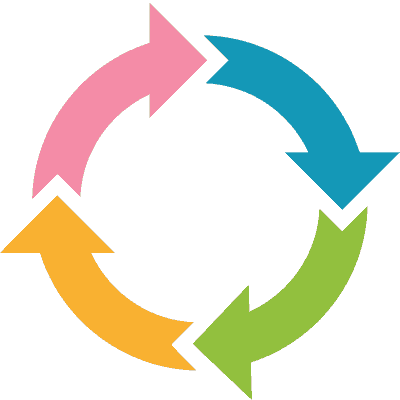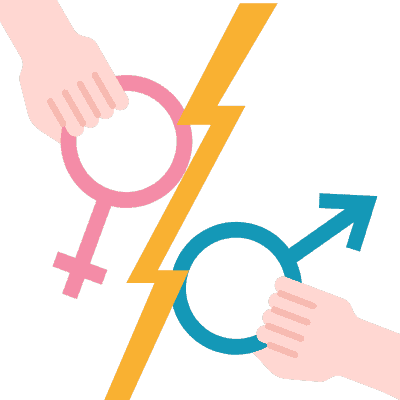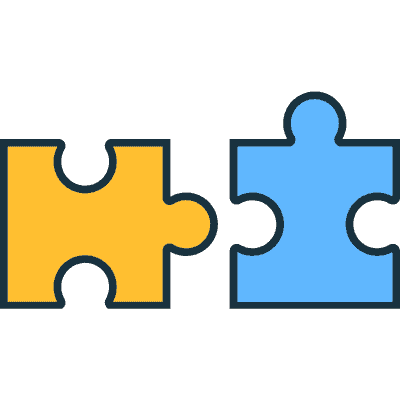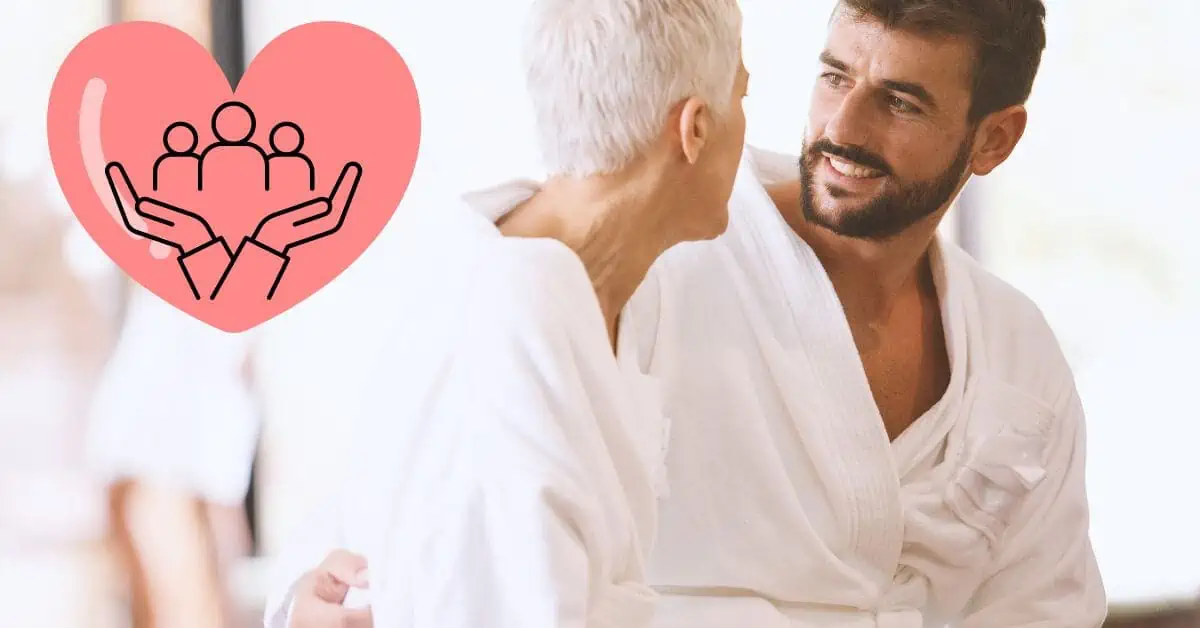Ah, the age-old age-gap debate is still going strong, and we obviously have thoughts on it—who doesn’t?
We know that times they are a changin’, but some people’s perspectives and perceptions about men dating younger women or (gasp!) women dating younger men (aka the cougars) are shifting toward being a little more accepting of significant age gap relationships.
This changing view in some of society is a breath of fresh air compared to the historical views of skepticism or outright scorn. And while most people don’t even blink or think twice about big age differences in couples, others think it’s scandalous. TBH, sometimes the age gap is so big it is a little scandalous, but we aren’t going to get into all of that.
Anyway, when it pertains to age-gap relationships, these May/December romances are now viewed as a symbol of a more progressive type of love, challenging the old norms and stereotypes!

The Evolution of Perception & Historical Context
Traditionally, relationships with significant, and by significant, we mean 10+ years, age differences were always the subjects of societal scrutiny and stigma. Why? Well, they were commonly seen as super imbalanced in terms of power, experience, and expectations. And that can be true! We’ve all seen examples. But the actual root of people’s discomfort or unease was often entangled with our conventional cultural norms and baseless or outdated stereotypes.

Modern Shifts
The 21st century has ushered in a more accepting and open-minded society, thank goodness! More visibility, awareness, and representation in the media have played a pretty big role in normalizing age-gap relationships.
For example, we see celebrity couples with significant age differences, and movies and TV shows portray these relationships in a favorable light, and this has definitely added to a much more accepting public view for the majority of society.

Breaking Down Stereotypes
According to Psychology Today, “Age gaps between partners can generate self-consciousness about one’s relationship, concerns that the relationship won’t work, and hypersensitivity towards others’ ideas about the appropriateness of a relationship. In these cases, age gaps are observable and obvious. A 15-year span, a 25-year span.
According to the Today Show, Katharine McPhee wasn’t anticipating a positive public reaction to her relationship with David Foster, who is 35 years her senior; George Clooney has similarly confessed to Howard Stern that he didn’t think his now-wife Amal would be interested in him because he’s 17 years older.
“The negative societal response to age gap relationships may reflect people’s objections to unfair, inequitable relationships. Evidence suggests that prejudice tied to age-gap relationships is accounted for by the belief that one (the older person) is reaping more rewards from the relationship than the other person (Collisson & De Leon, 2018). Perhaps observers respond negatively to May-December relationships because they feel as though the older person is taking advantage of the younger person.”

Power Dynamics
One of the most widespread and pervasive stereotypes is the imbalance of power in relationships with significant age gaps. But the age-gap relationships of today are increasingly seen as romantic partnerships of equals, where respect and common interests rise above age. This shift challenges the archaic idea that a person’s age doesn’t necessarily correlate with dominance or submission in a relationship.

Emotional Maturity and Compatibility
Another big and, for the majority of age-gap couples, the false stereotype is the mismatch in their emotional maturity and interests. Contemporary age gap couples show that emotional maturity is in no way dependent on age and that common principles and interests can bridge the years. These relationships often exhibit a depth of understanding and appreciation of any differences, turning them into strengths rather than stumbling blocks.

Societal Impact
When age-gap romantic relationships are more visible and common, they serve as a reminder that we are redefining what was once considered “normal” in love and partnerships! This normalization is a huge step forward toward a world that respects personal choice and happiness over rigid, more conservative norms.

Encouraging Open-Mindedness
As the acceptance of age-gap relationships grows, it encourages a broader open-mindedness in today’s society. It also promotes the idea that romantic relationships should be judged solely on the healthiness and happiness they bring rather than conforming to any one conventional mold—outdated or not.

Challenges and Considerations
Despite growing acceptance, age-gap couples can happen upon some uncommon challenges that same-age couples don’t have to contend with. These can include differing life stages, physical health concerns as the older partner gets on in years, and lots of outside judgment from others in society. For couples experiencing any of these things, it’s super important to communicate openly and often, make plans for the future, and seek out support if and when they need it.
Other studies referenced in Psychology Today say that “Some signs suggest the wider the age gap, the lower the likelihood a pairing will last… but not all. A widely-circulated 2014 Emory University study of 3,000 recently married and divorced people showed that the age gap was correlated with breaking up; couples with ages falling within five years of each other were significantly less likely to divorce than couples who had age gaps of, say 10 or 20 years. However, that’s just one study; others, like a 2008 analysis of data from England and Wales, show there is not a significant association between the age gap and marriage dissolution.
“However, there’s more to a relationship’s ‘success’ than simply staying together and avoiding divorce. There’s also satisfaction. Research from 2017 out of the University of Colorado shows that both men and women who marry younger than themselves are often initially happier but see a sharper decline in satisfaction over time.
“Those who marry spouses of similar ages, by comparison, are more stable in terms of happiness and fulfillment, and perhaps more resilient as a result, say the researchers; it’s harder to swallow the satisfaction that drops and stabilizes at normal levels when the relationship starts at a higher high.”
Takeaways
The shifting views on age gap relationships reflect a broader shift towards a much more equitable and open world at large. And by defying and challenging old stereotypes and changing what was once viewed as “normal,” these romances are not just about the people involved but are part of a larger narrative of social evolution overall!
Moving forward, let’s hope we can keep building a world where every kind of love is celebrated, no matter the age gap (as long as it’s not illegal or creepy—you know what we mean). Understanding and respecting each other is always the path to a happier, more bias-free world and humankind in general.
